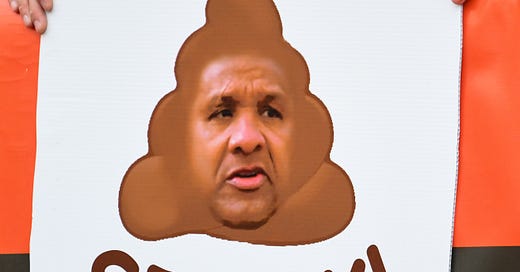A few years ago, just after NBC Sports got the rights to Premier League soccer, I went to England to learn more about it. As you might imagine, it was an absolute blast. I had a million questions and all sorts of people were happy to answer every one of them … while asking a few of their own about American sports.
And, looking back, it seems that our que…



